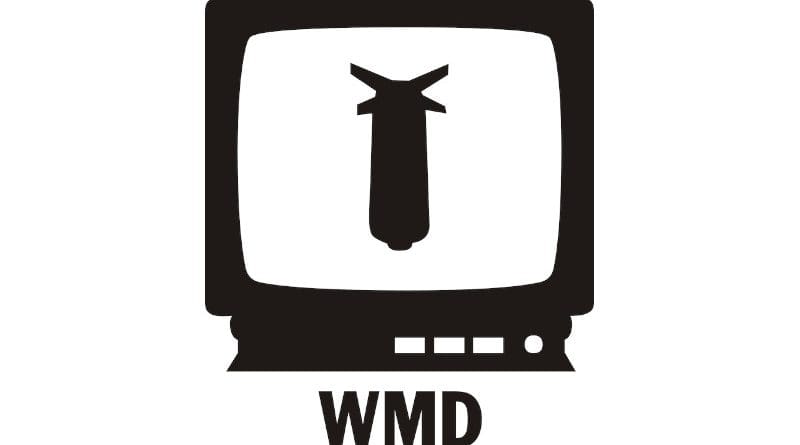TPNW: Is It Worthy Of A Nobel Prize? – OpEd
The revival of multilateralism in international arms control architecture advances international peace and security. Antony Blinken, U.S. Secretary of State, remarked at High-Level Segment of the Conference on Disarmament (CD) that the U.S. has ‘a moral responsibility on reducing and eliminating the threat posed by Weapons of Mass Destruction (WMD)’. The U.S. administration has not officially commented yet on the recent Treaty on the Prohibition of Nuclear Weapons (TPNW) that entered into force on January 27, 2021. The treaty aims to prohibit the development, testing, production, stockpiling, stationing, transfer, use and threat of use of nuclear weapons. So far, total 86 states have signed while 54 states have ratified this treaty. Non-Nuclear Weapon States (NNWSs) that were already pursuing their obligations under Non-Proliferation Treaty (NPT) have re-committed themselves towards nuclear disarmament.
United Nations (UN), established in 1947, is a significant international platform for ensuring peace and security in political, economic and military domain. The 1978 UN Special Session on Disarmament (SSOD-I) provides some important guidelines on framing international debates on the subject of universal and equitable nuclear disarmament. Unlike TPNW, CD is one of such forum offering a consensus based process to its 65 member states including nuclear-armed states- U.S., UK, France, China, Russia, India, Pakistan, Israel and North Korea.
In the realm of nuclear disarmament, TPNW could only seek its relevance if it ensure inclusion of all nuclear-armed states. Other persistent critique on TPNW could only be slightly lessened if the state parties provide an open-ended discussions on grey-areas like robust disarmament verification. Another clarification is needed on TPNW for keeping an ambiguous position on not preventing trade on dual-use nuclear technologies that could potentially be used for prohibited purposes.
Above all, this Nobel Prize winner Treaty cannot escape a critique on non-inclusion of legitimate security concerns of NWSs. It is to be noted that the standalone discussions on humanitarian aspect of nuclear use cannot be progressed without addressing the security issues like increasing nuclear modernization and advancements in missile technology. Such issues offer far-reaching implications on nuclear arms race across the regions.
In this context, Indian jingoism and its warmongers in political and military leadership encourage nuclear escalation and denounce any peaceful talks with Pakistan. Dr. N.C. Asthana argued in his book, National Security and Conventional Arms Race – Spectre of A Nuclear War, that India cannot ‘win’ a war against Pakistan, and India should accept this reality while formulating a ‘sensible policy’ in future. He also revealed that India will be needing more nuclear warheads to arm its impending missile forces, possibly hinting towards arming ICBMs and naval nuclear programme in future.
Moreover, India has world’s fastest growing nuclear arsenal. India has sufficient unsafeguarded fissile material for producing over 2000 nuclear warheads. It is also diverting reactor-grade plutonium from its unsafeguarded nuclear facilities and intends to utilize such fissile material in its Fast Breeder Reactors (FBR) which will ultimately provide weapon grade plutonium for use in nuclear weapons.
Along with the possession of a total of 12.467 million tonnes of thorium deposits, India has world’s 25% thorium reserves. It has total 13 uranium mining projects that could possibly increase the nuclear material up to four times. Despite this, India aims to seek more uranium for its Nuclear Power Plants (NPPs) from Nuclear Suppliers Group (NSG) member states. While allowing India to place its 14 out of 22 NPPs under International Atomic Energy Agency (IAEA) safeguards, the conclusion of such Indian-specific Additional Protocol exposes international community’s preferential treatment towards India.
Nuclear escalation and war-fighting strategies will only undermine the peace and security around the world. Hence, the worth of TPNW’s Nobel Prize can only be advanced if this treaty offers practical measures against existing security gap between advanced and developing nuclear-armed states.
* The author is a former participant at the Nuclear Security Policy Boot Camp, George Washington University, USA.

